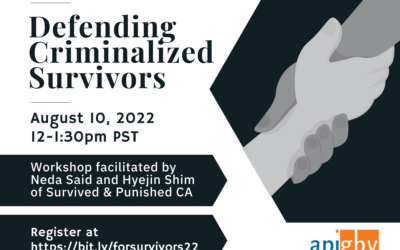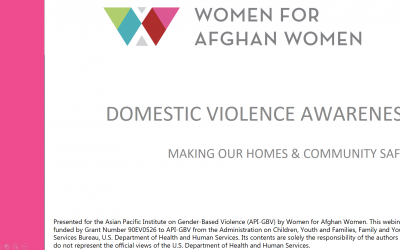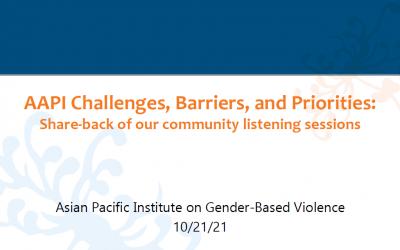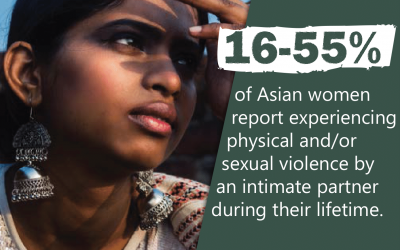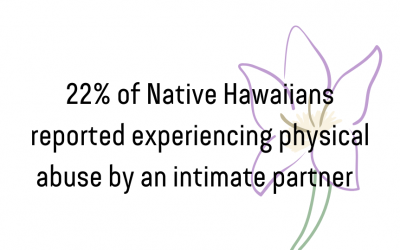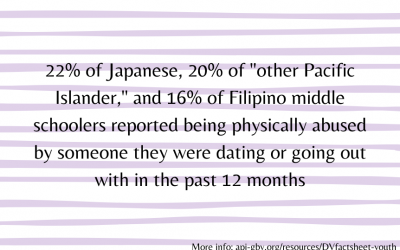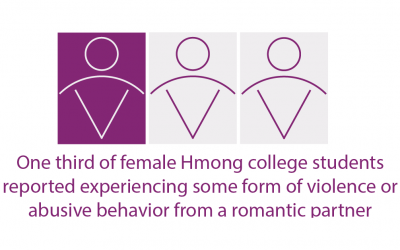This study explores risk and protective factors in five Asian American communities: Cambodian, Chinese, Korean, North Indian Hindu, and Pakistani Muslim. These factors include cultural traditions, norms, attitudes and beliefs, particularly around gender roles, intergenerational family dynamics, intimate relationships, and approaches to child-rearing. This study involved 23 semi-structured focus groups (163 total participants) to gather the perspectives of youth/young adults, parents, community leaders, and service providers in six different languages across the five communities.
This study suggests that the intergenerational immigrant experience has destabilized traditional family ecologies and has introduced stressful dynamics. This family disharmony manifests in risk factors for life course and developmental problems, and potentially negative behavioral outcomes. In some cases, new strengthening ecologies are forming. As families navigate and negotiate multiple cultural frameworks, some families have begun to draw from multiple sources to develop new understandings around gender equity, empathy, and healthy relationships and seek to pass these understandings on to their children.
